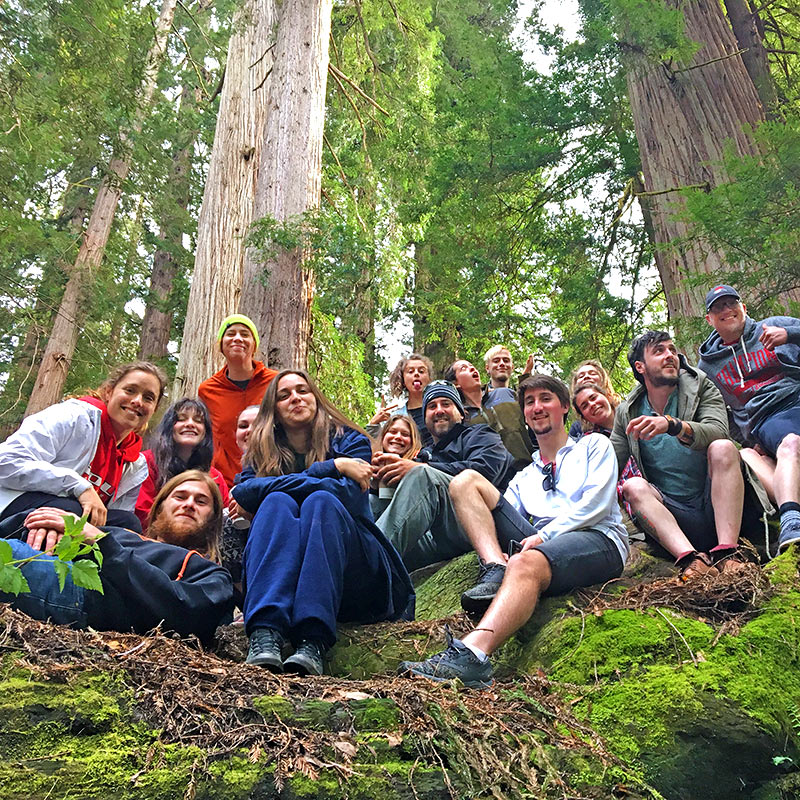The Bachelor of Science in Sustainability prepares students for a range of careers in environmental sustainability. Our unique curriculum is designed to integrate physical and natural sciences, social science, project management, and business.
Our field-oriented curriculum takes advantage of the unique environmental setting of our region and provides opportunities to work with local agencies and businesses. Southern Oregon, with its renewable energy industry, environmental non-profits, federal resource management agencies, and environmental planning leadership is the perfect location to train as a sustainability professional, climate change analyst, consultant, corporate sustainability specialist, environmental planner, and more.
The Sustainability Program encourages and gives academic credit for work experiences with governmental entities, local agencies and businesses that provide a wide variety of real-world applications of the concepts learned in the classroom. These experiences are carried in defined practicum and internship opportunities which include work in on- or off-campus settings. Opportunities include working with the USDA, U.S. Forest Service, U.S. Bureau of Land Management, National Park Service (Crater Lake and others), local watershed councils, Jackson County, local city and county planning departments, state and federal agencies, and local environmental organizations.
In addition to being a truly interdisciplinary program that leverages our awesome location, Sustainability majors acquire vital employable skills including:
- Geographic Information Systems (GIS)
- Ecological Economics
- Environmental Impact Assessment
- Statistics and Environmental Data Analysis
Our Bachelor of Science in Sustainability not only prepares students for a wide variety of employment in governmental agencies, industry, non-profits and environmental consulting firms, but also prepares students for graduate and professional schools in environmental policy and management, geography, law, public policy, wildlife management, and sustainability management.

